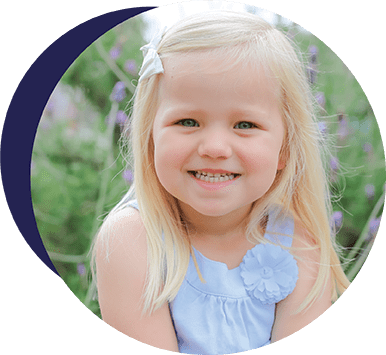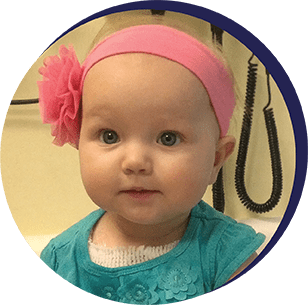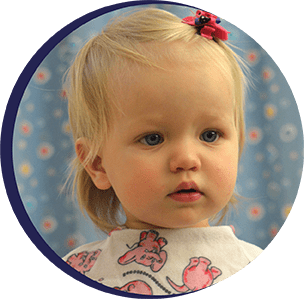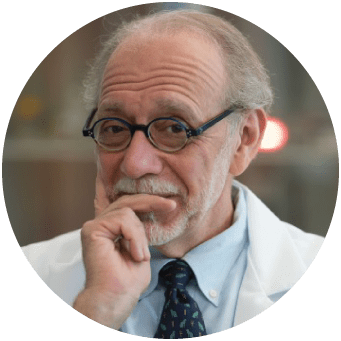We can change the story for childhood cancer patients.
Employing genomic data
and computational approaches can help identify targeted treatments that are less toxic and more effective.
Since childhood cancer tumor types are rare,
the only way to create large patient cohorts for analysis is through sharing data across institutions.
By enabling analysis
across different tumor types, we can identify tumors driven by the same molecular pathways. This could suggest repositioning an adult precision medicine drug for a pediatric cancer patient.
To facilitate data sharing
and to enable analysis of multiple tumor cohorts, we started the Treehouse Childhood Cancer Initiative.
Current long-term outcomes for childhood
cancer patients are unacceptable.
Although survival of childhood cancer patients has improved significantly in the last 30 years, this improvement has been due largely to the intensification of therapy and advances in supportive care
Current standard-of-care regimens for high-risk childhood cancers consist of aggressive combinational chemotherapy, surgery, one or several bone marrow transplants, and radiation therapy. As a result, 4 out of 5 survivors of childhood cancers experience long-term effects from treatment. In 3 out of 5 cases these effects are disabling or result in life-threatening conditions such as infertility, heart disease, or secondary cancers.
This is a call to action.
Data from People Against Childhood Cancer
%
no chronic conditions
%
mild to moderate chronic conditions
%
life-threatening conditions
%
die
Our Inspirations

Aurora
In 2012, Katrina Learned, who was the Quality Assurance Manager for the UCSC Genome Browser, made a big announcement: she was expecting her first child in the fall. She had been on the UCSC Genome Browser team since 2009 and was excited about her own little genome project. On October 17, 2012, Katrina and her husband Doug welcomed their daughter Aurora into the world.
During a routine well-baby visit when Aurora was just two months old, her pediatrician felt an abnormal mass in Aurora’s abdomen. Two days later Katrina and Doug learned that Aurora had cancer. Specifically, intermediate-risk neuroblastoma.
Aurora’s treatment consisted of four cycles of chemotherapy, four blood transfusions, a platelet transfusion, two surgeries, and countless scans and tests. At six months old and after 4 months of treatment, Aurora’s oncologists determined that she was cancer free!
When Aurora was 8 months old, Katrina returned to work at the UCSC Genome Browser and was introduced to Olena Morozova, a new postdoctoral scholar in the Haussler group, who, coincidentally, had studied neuroblastoma for her


It wasn’t long before Olena and another colleague, Melissa Cline, approached Katrina with the idea to hold an Alex’s Lemonade Stand Foundation (ALSF) fundraiser at UC Santa Cruz in honor of Aurora. Katrina loved the idea and they started planning. When the administrative staff of the UCSC Genomics Institute jumped on board, the little Lemonade Stand evolved into a campus-wide event and raised over $12,000 for ALSF!
After the hugely successful Lemonade Stand fundraiser, Katrina, Olena and Melissa continued meeting to discuss ideas and soon more colleagues joined the team. They saw an opportunity to leverage the tools the Genomics Institute was already developing and use them to join the fight against childhood cancer, potentially opening up unique and previously unexplored avenues of research. That is how the Treehouse Childhood Cancer Initiative started. Katrina is honored, proud, and humbled that the founding of this incredible research group was inspired by Aurora’s battle with cancer.

Remembering Robert Arceci
Dr. Robert Arceci was one of the leaders and visionaries behind the Treehouse Initiative. We will miss Bob greatly and are determined more than ever to make this initiative a success to get us closer to Bob’s dream of a cure for every child’s cancer.
